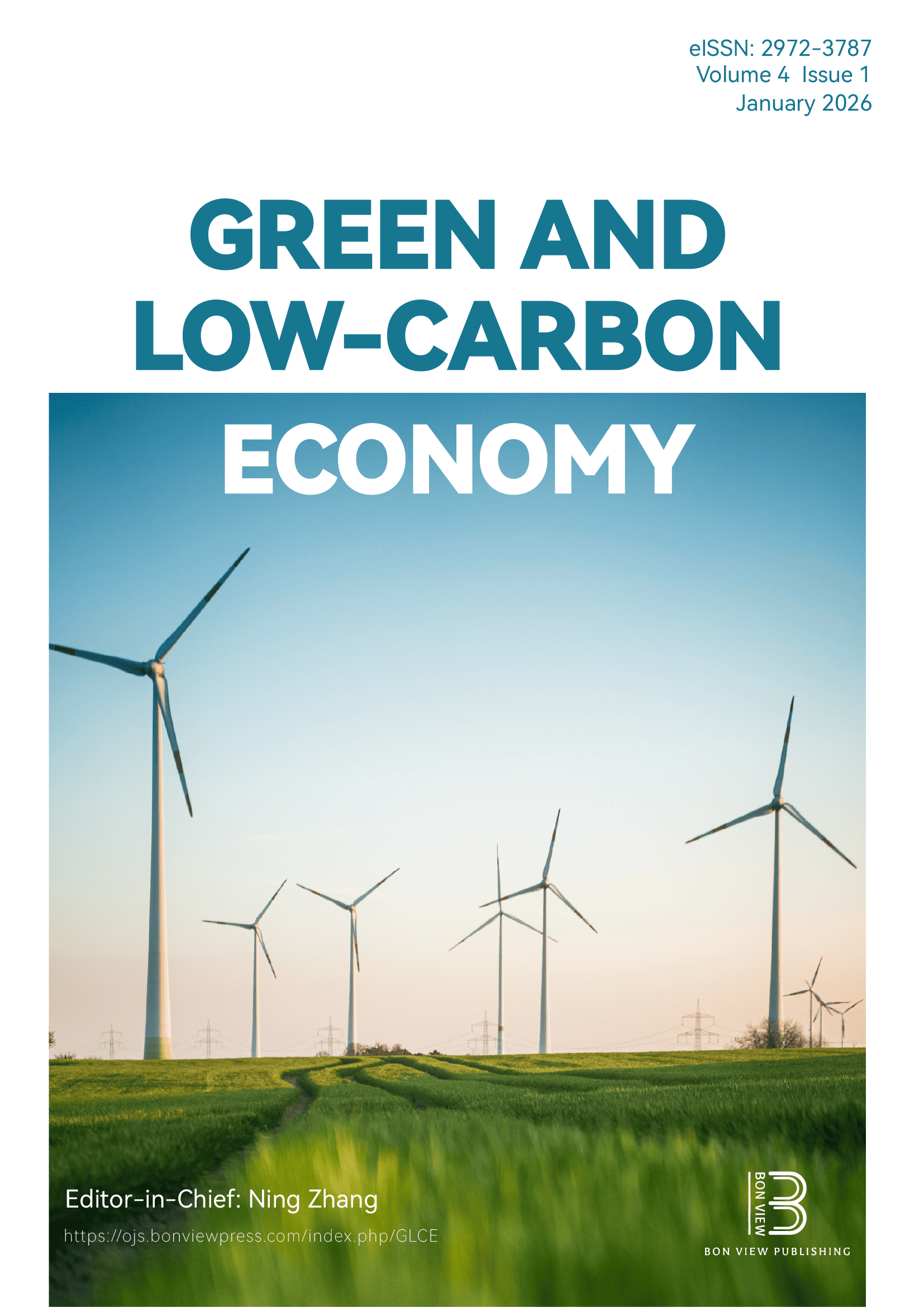The Impact of Extreme Temperature on Enterprise ESG: An Empirical Analysis of China
DOI:
https://doi.org/10.47852/bonviewGLCE52024501Keywords:
extreme temperature, ESG performance, operating costs, shareholder's equity, information desclosureAbstract
Global climate warming leads to frequent extreme temperature events. Extreme temperatures bring uncontrollable uncertainty factors to the operation and management of enterprises. The Environmental, Social, and Governance (ESG) performance of enterprises is closely related to their business management. However, empirical evidence on to what extent extreme temperatures affect the ESG performance of enterprises is still lacking. The paper analyzes the influence of extreme temperatures on the ESG performance of enterprises to bridge this gap by constructing temperature intervals. There are several important results: (1) For each additional day within the temperature range of 30°C and above, the ESG score decreased by 0.09 points; (2) Extreme temperatures adversely affect ESG through operating costs, shareholders’ equity, and information disclosure levels of enterprises; (3) Extreme temperatures are more likely to negatively impact the ESG performance of enterprises in the realty, manufacturing, electricity, and transportation industries. Therefore, at the macrolevel, the government should formulate relevant policies to address global warming. At the microlevel, enterprises should gradually incorporate climate change risks into their daily management systems to reduce the negative impact of extreme temperatures on their ESG performance.
Received: 08 October 2024 | Revised: 23 December 2024 | Accepted: 26 December 2024
Conflicts of Interest
Due to a potential conflict of interest between the Editor-in-Chief and one of the authors, the Editor-in-Chief had no involvement in the peer review or editorial decision-making for this manuscript.
Data Availability Statement
Data are available from the corresponding author upon reasonable request.
Author Contribution Statement
Yanni Yu: Conceptualization, Methodology, Validation, Formal analysis, Resources, Data curation, Writing - original draft, Writing - review & editing, Visualization, Supervision, Project administration, Funding acquisition. Xin Meng: Methodology, Software, Formal analysis, Investigation, Data curation, Writing - original draft, Writing - review & editing, Visualization. Chengqing Ren: Data curation, Visualization.
Downloads
Published
Issue
Section
License
Copyright (c) 2025 Authors

This work is licensed under a Creative Commons Attribution 4.0 International License.
How to Cite
Funding data
-
National Natural Science Foundation of China
Grant numbers 72022009


